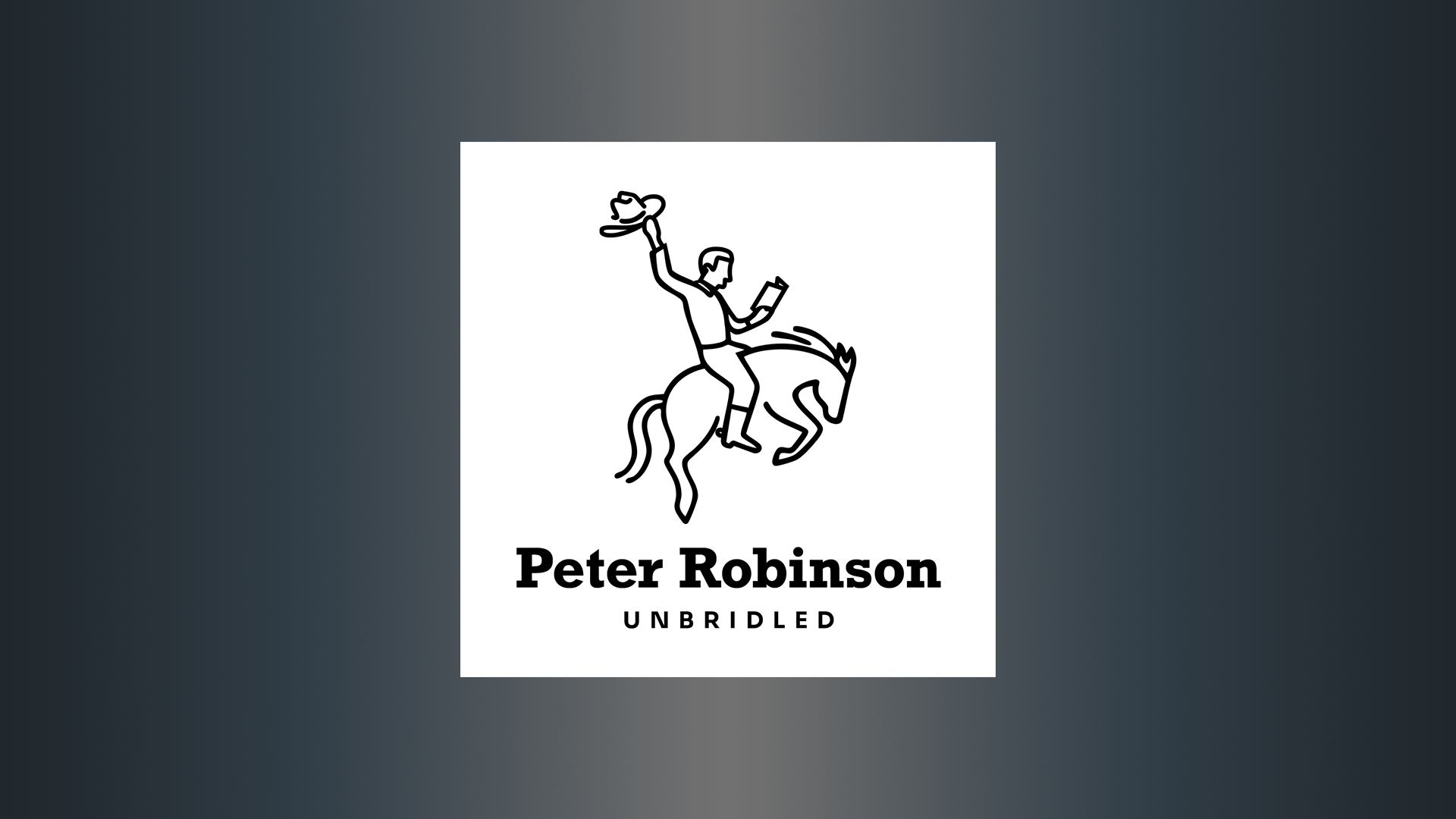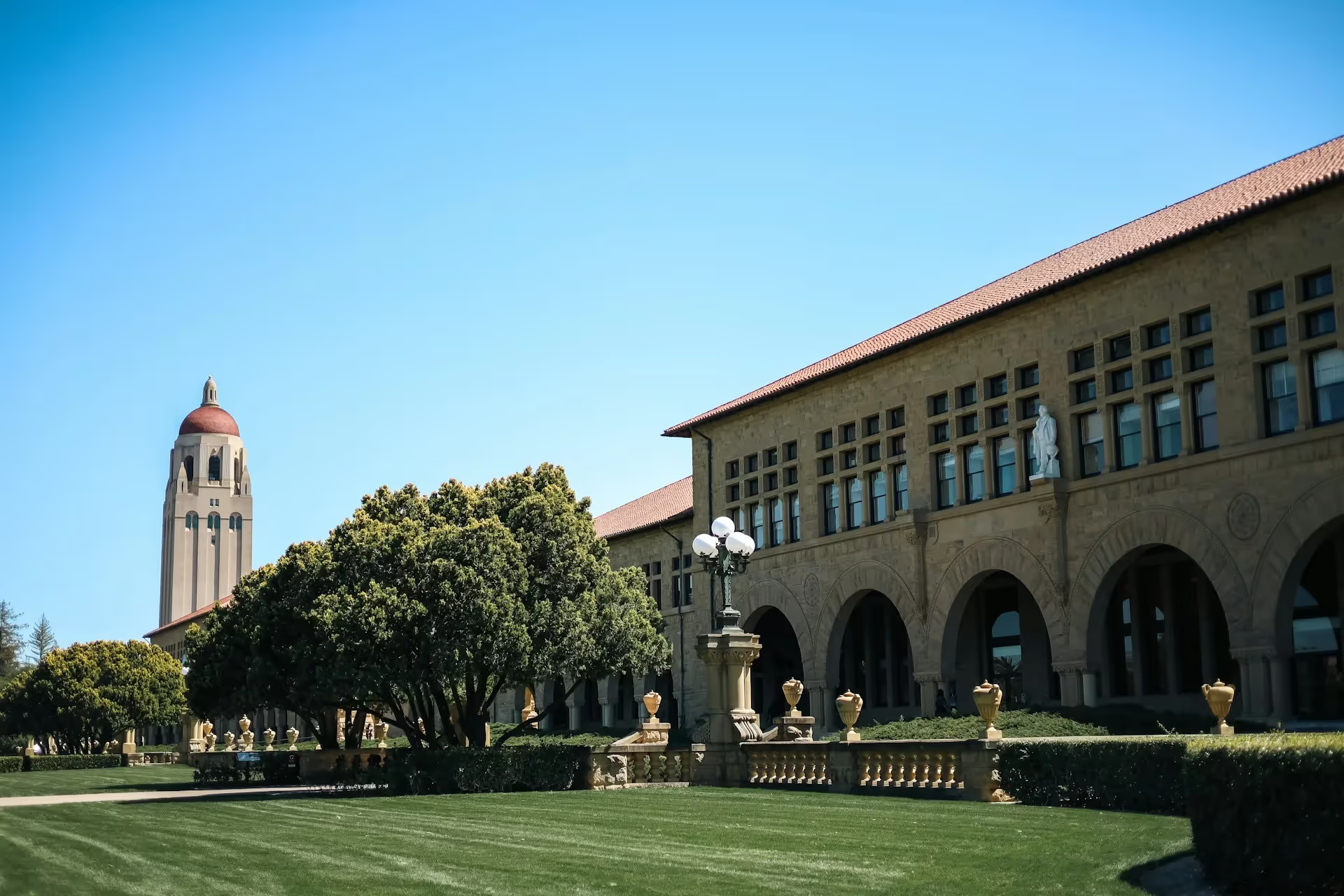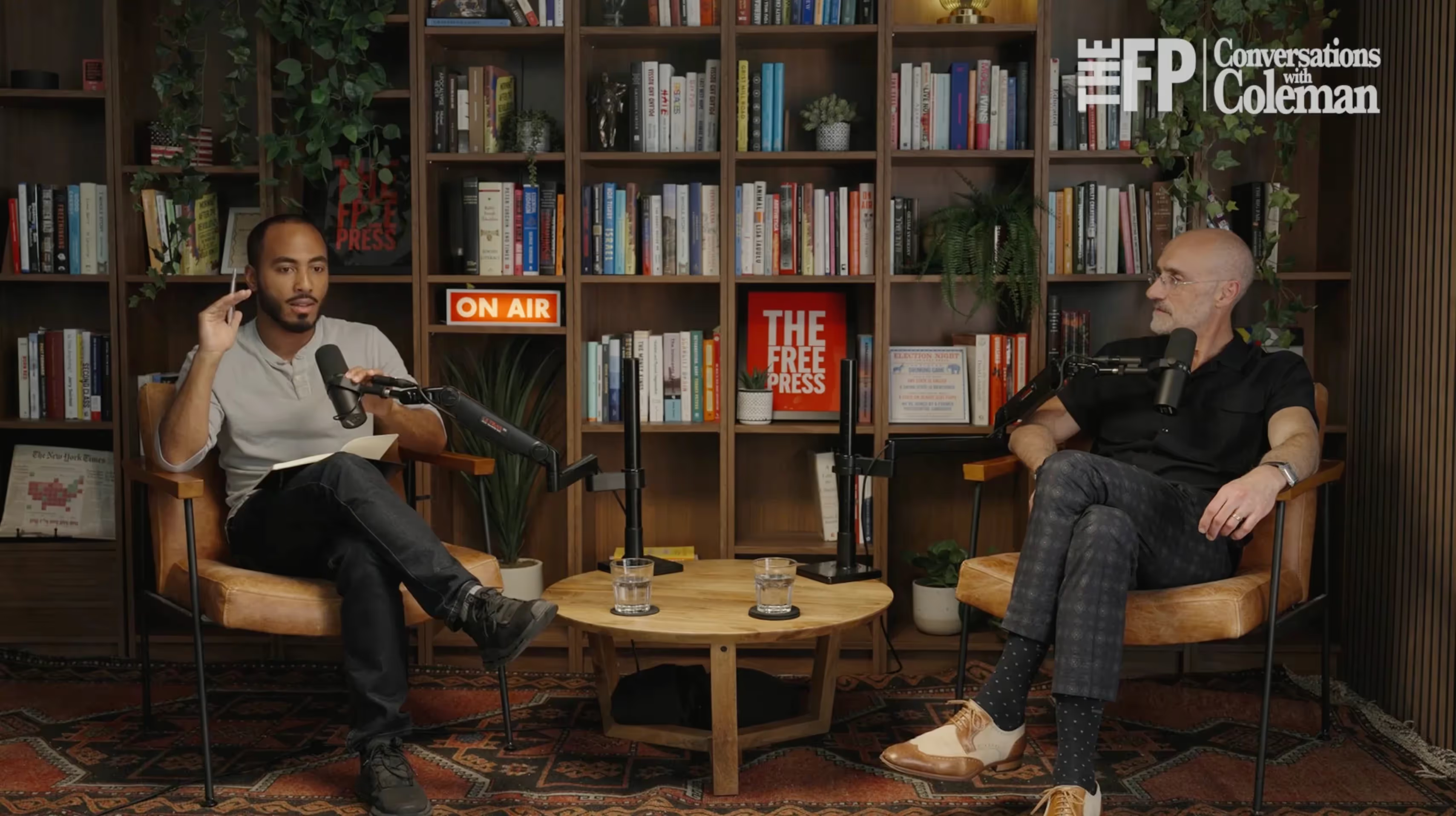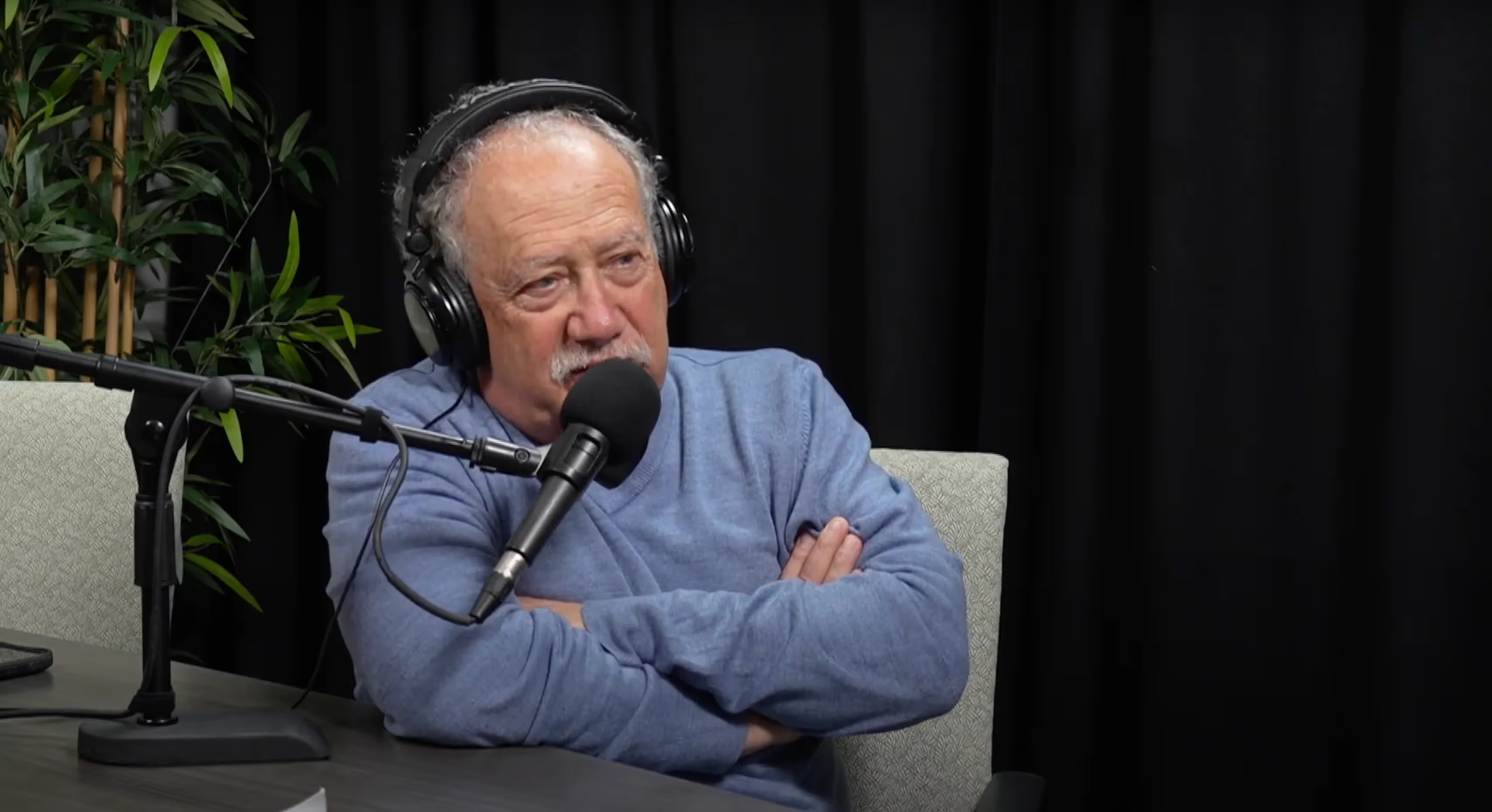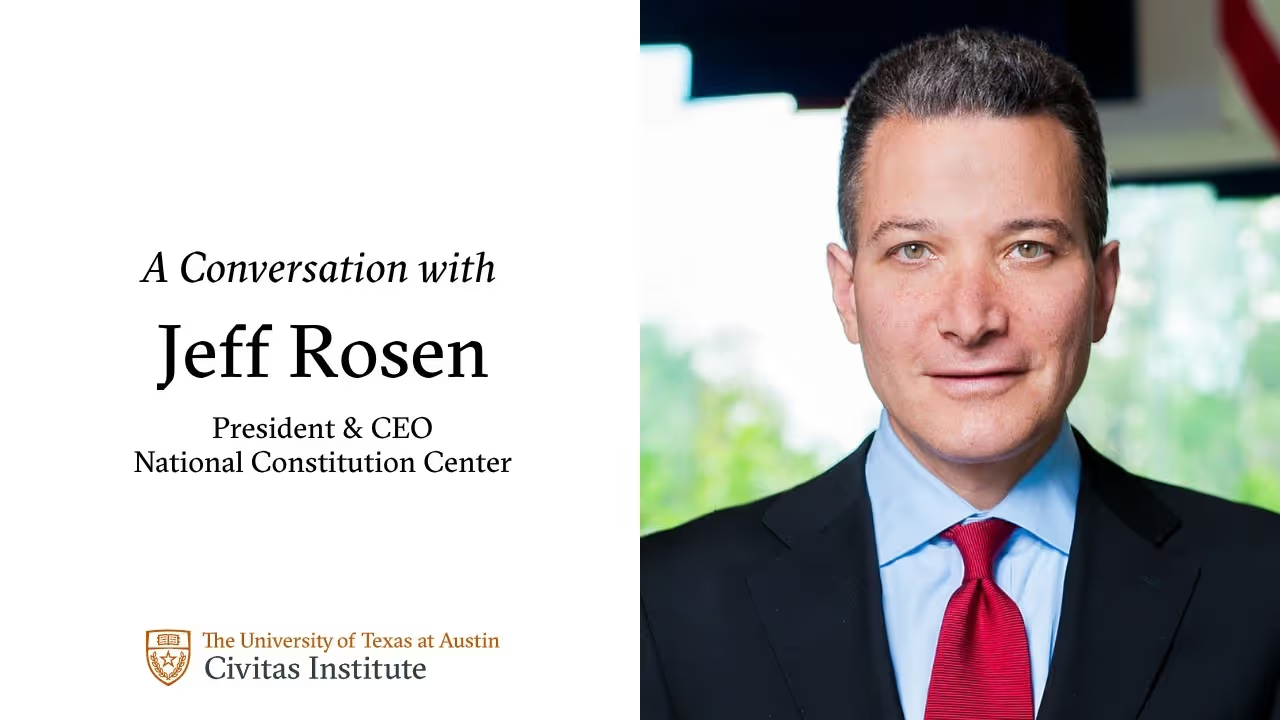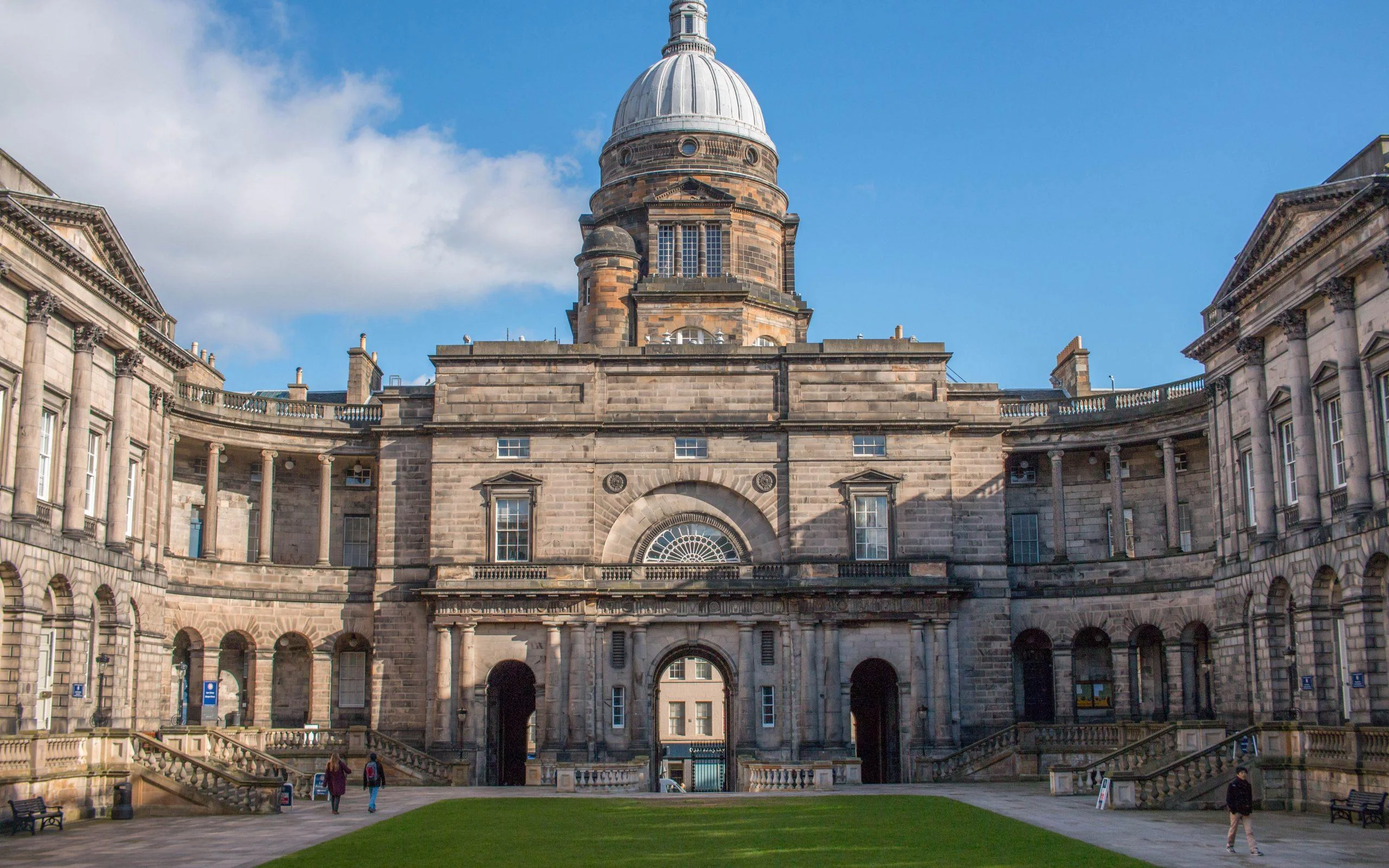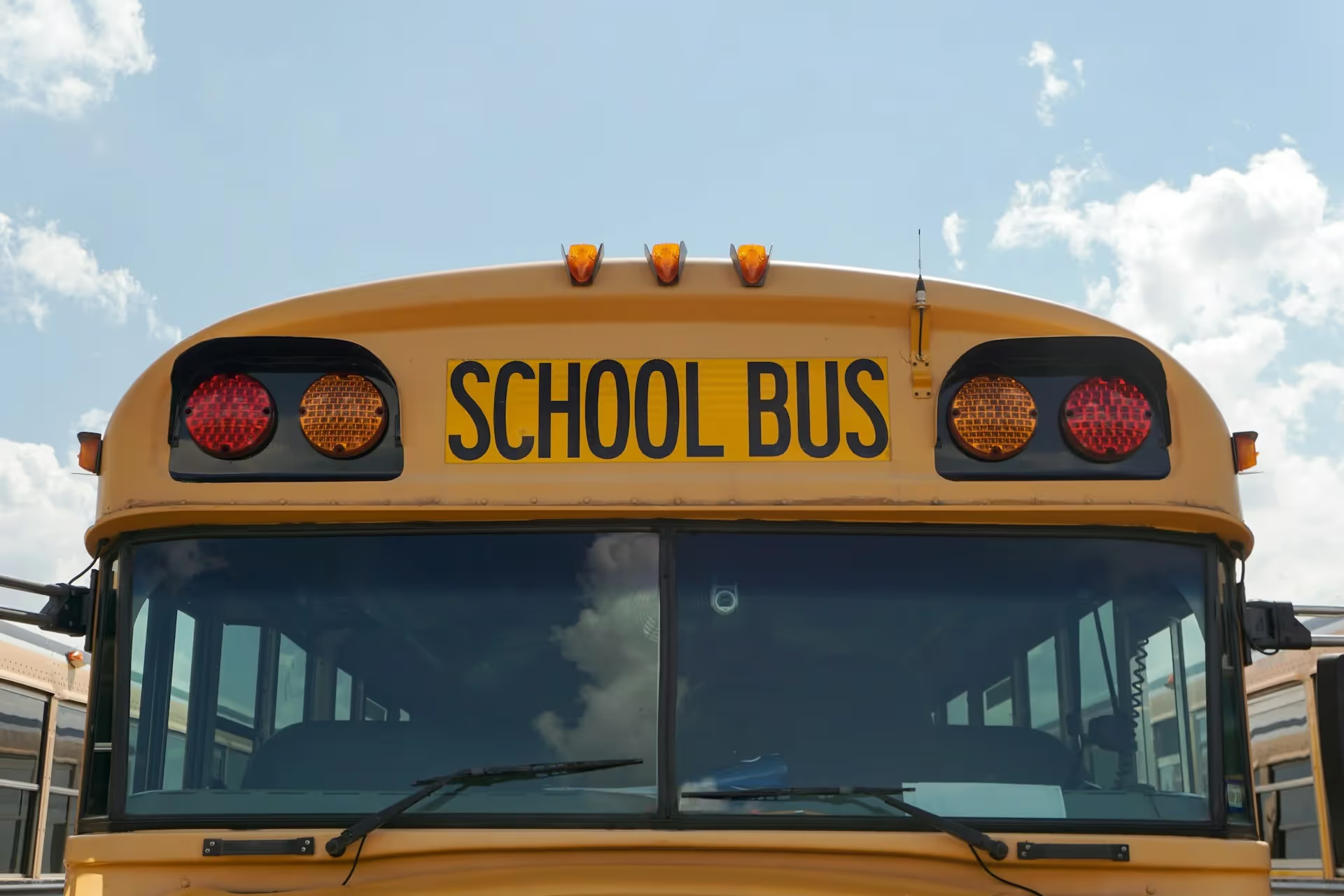
The One-Two Punch Working Parents Need for Educational Choice
Innovative state-level approaches to education funding should inform new federal reforms.
This month, House Republicans advanced legislation that has the potential to dramatically expand education options for American families.
The House Ways and Means Committee has approved a bill that would establish a $5 billion tax credit to create education scholarships and expand the allowable uses of funds saved in 529 accounts, giving families more options to pay for education costs. But Congress should consider ways to reform other federal education funding programs, to better align with the growing movement in states across the country to expand parental choice in education.
At the state level, Texas recently became the latest to offer parents direct control of their child’s K-12 schooling through education savings accounts (ESAs). The new program will offer $10,000 to students to pay for private school tuition, tutoring and other education costs. More than half of America’s children will live in states with private school choice.
These states’ innovative approaches to funding education should inform new federal reforms to use funding provided through Title I of the Elementary and Secondary Education Act (ESEA) for 529 accounts, allowing disadvantaged parents to choose the right K-12 learning environment for their children.
Pursuit of Happiness

The Rise of Latino America
In The Rise of Latino America, Hernandez & Kotkin argue that Latinos, who are projected to become America’s largest ethnic group, are a dynamic force shaping the nation’s demographic, economic, and cultural future. Far from being a marginalized group defined by oppression, Latinos are integral to America’s story. They drive economic growth, cultural evolution, and workforce vitality. Challenges, however, including poverty, educational disparities, and restrictive policies, threaten their upward mobility. Policymakers who wish to harness Latino potential to ensure national prosperity and resilience should adopt policies that prioritize affordability, safety, and economic opportunity over ideological constraints.

Exodus: Affordability Crisis Sends Americans Packing From Big Cities
The first in a two-part series about the Great Dispersion of Americans across the country.

The AI Future: Between Certain Doom and Endless Prosperity
AI continues to become more complex and sophisticated, but public policy solutions do not.

The Castle, the Cathedral, and the College
Our civilization struggles to explain why anything should command allegiance beyond preference or power; its remnants echo a grandeur now distant.






